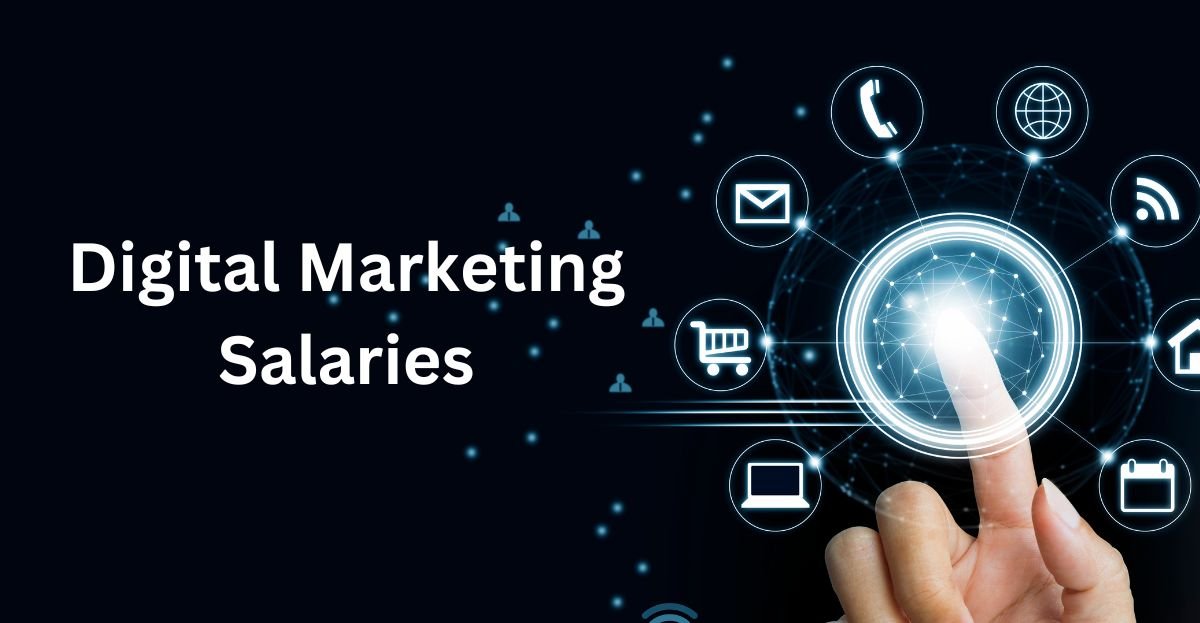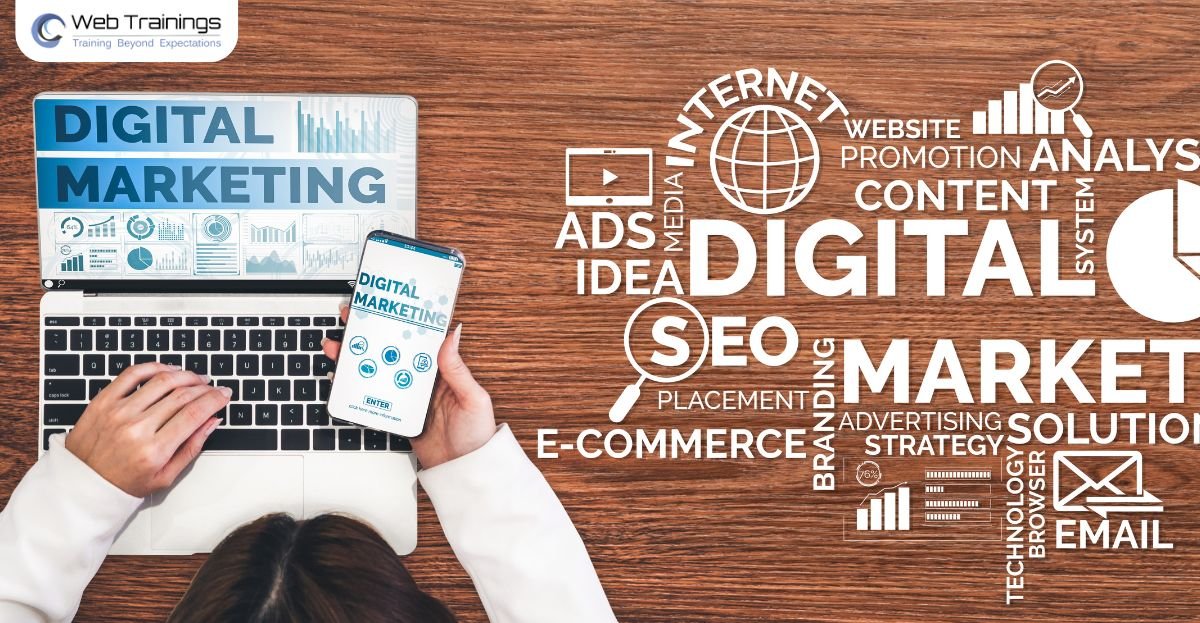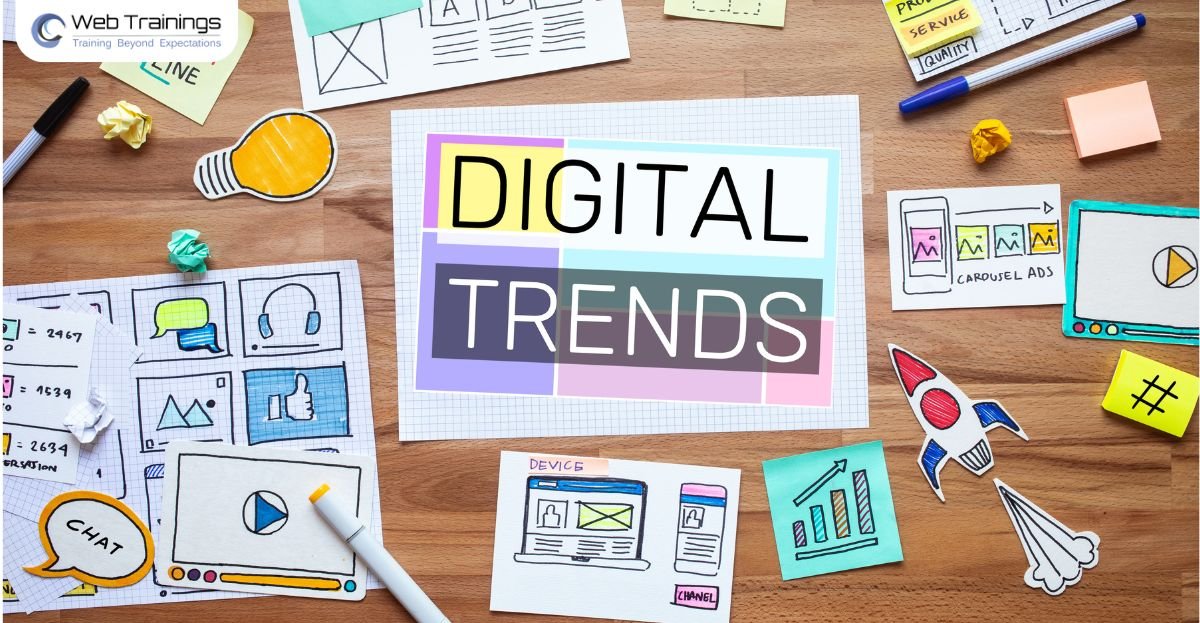Top 20 Email Marketing Interview Questions and Answers for Fresher and Experienced
Email Marketing is one of the powerful social media channels in the digital marketing industry to take the business to new heights. In email marketing, a company sends marketing-related messages mails to promote the business. Let us look into the frequently asked email marketing questions in the interview for candidates to crack the Job easily.
- What is Email Marketing?
Email marketing is a supportive platform for business owners to send emails regarding the products to clients to gain their attention. Spreading awareness about a brand is the main aim of email marketing. - What is the best time to send emails?
Mornings and weekends are the best time to send emails. However, the time may vary depending on the client’s location and preferred timing. The best time is to find what time zone your customer is in and the server activeness to send mails for speedy reachability. - What are the best metrics for Email Marketing?
B2B conversion rates, website traffic, and sales are essential metrics to assess the marketing goals. - How frequently should you send emails to customers?
It is not good to bug the customers with frequent or daily mails as it may annoy them and make them show less interest in your brand. You can send a maximum of three emails at intervals in a month to increase the customer engagements for the business. - Which is the best strategy for email subject lines in email marketing?
The email’s subject line is crucial for any business as it is the deciding factor whether the customer finds the email exciting or not. Including 50-70 chars of text with specific, short, and convincing text can trigger customers’ interest to invest in your business. Avoid grammatical errors and ensure the mail list is not significant to prevent mail from entering the client’s spam folder. - List the laws included in Email Marketing.
The best strategy to attract potential customers is to send emails only to people with whom you have interacted in the past. Avoid sending emails to unknown people or contacts that pop up from lead generation to keep your reputation high. There are laws in email marketing that mention sending emails to anonymous people is not correct and advised. - How to draft an impressive email?
Sending irrelevant mail can divert the attention of customers even if the email appears on the top list. Understand the interested aspects of customers, draft correspondence with an appropriate subject line, and include the body accordingly in a fast and professional way. Make the content more readable and sensible to catch the customer’s eyes as soon as they see the mail popped up on their system. - What is Effective Content Marketing?
Good content is the one that aligns well with the customer’s thought process and matches their expectations. Try to understand the likes, dislikes of the customer, and draft the mail with meaningful content like how you would help them meet their goals or solve their current problems in the industry. - How to improve the Email Subscriber List?
Clients tend to unsubscribe to emails that are not useful for them in the current competitive digital marketing trend. So, when you shoot mails, keep it short and informative to retain customers in the subscriber list. If customers are unsubscribing from the list, all the marketing efforts go in vain, and brand reachability will be affected due to poor email content. - Explain Can-spam Act
The Act reveals the general rules involved in email marketing to help clients assess good intentions. If you are sending promotional emails, check for unsubscribe option considering the convenience of customers and make sure you do it on request immediately. If it is commercial mail, then include a physical address, and for banned people, skip the email is suggested. - What are the strategies involved in Email Marketing?
An email newsletter is one key strategy that allows circulating emails to the subscriber list for building a rapport with them.
Traditional emails include order confirmation and receipts to customers to keep the customers notified and informed about other products via a single mail.
Direct mails include sending emails to convey the ongoing offers to reliable customers for communication. - What are the pros of email marketing?
Email marketing cost-effectively targets a larger audience. ROI will be great if the proper email marketing approach is followed. - What are the cons of Email Marketing?
Products sent via emails are not tangible, which means clients cannot feel the effects before purchasing. Something there is a variation between the product shown and delivered as well. The product is prone to damage due to logistics issues, and buyers need to provide private information to provide the home, which is a privacy concern. - What is the scope of Automation in Email Marketing?
Scheduling is one automation feature that sends mail to the list on the pre-set time and date. Tracking is another impressive automation feature that reveals the statistics of the emails like how many read the mail, how many moved correspondences to spam, who all unsubscribed from the mailing list, and the leftover bouncing mails. - What is the open rate?
Open rate refers to the percentage of emails opened by the client based on the mail count in their folder and connectivity issues. - What is the click-through rate?
If the recipient opens the mail and clicks on the links, it is a single click. Click rate is determined based on the number of clicks done by recipients on the email. - What is an email header?
The main body of the email is termed as email header covering the subject of the mail, sender name, and date, which act as main headers of the mail. Optional titles include subject and CC which add more value to the mail based on the target customers. - How to measure the deliverability rate of emails?
The email deliverability rate is the count of mails delivered to the target customers without any issues. - Explain the difference between a hard bounce and a soft bounce.
Hard bounce refers to email forwarding to mails that have expired or invalid email addresses. A soft bounce happens when an email triggered \
to a recipient whose mailbox is overflowing with emails. In such a case, the recipient can read the mail only after deleting some of the mails. - How should your from line be in the email?
A blank from line can lower the interest of customers in opening the email. The most recommended approach is to include your brand name or identity to avoid getting your mail into recipients’ spam folders.
Conclusion
Now you Know the Most Frequently Asked Email marketing interview questions & answers for freshers & professionals candidates. However, the level of questions changes as per the years of experience and job description.
Good Luck For Your Interview.

























